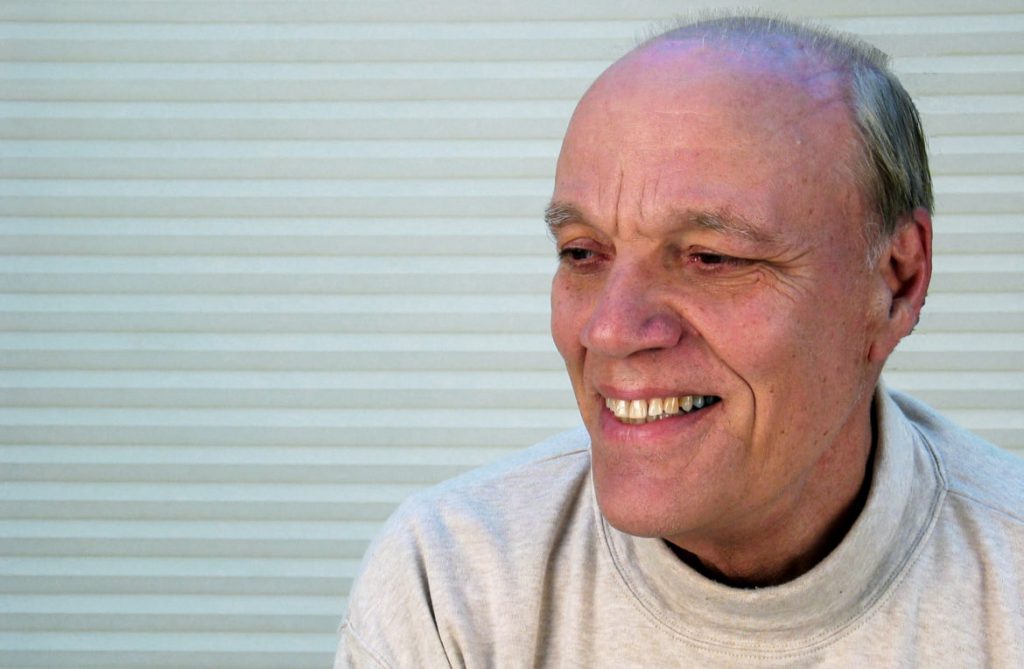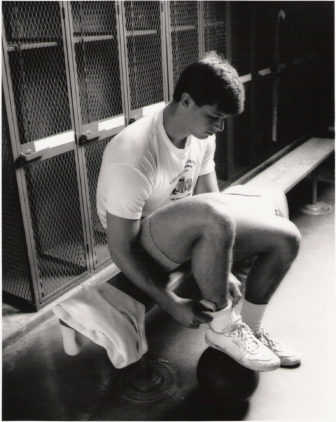GPS Monitoring Inventor Says it’s Misused
It’s too punitive, and using smart phones would be more community oriented, he says.

Robert S. Gable, along with his late twin brother Kirkland, are credited with inventing the first electronic monitoring system for criminal offenders while at Harvard University in the 1960s. To aid in offender rehabilitation, the Gable brothers anticipated that the technology they developed would provide positive reinforcement. Gable is a professor emeritus of psychology at Claremont Graduate University in California. Photo courtesy of Robert Gable.
Robert S. Gable and his late twin brother Kirkland invented the first electronic monitoring system for criminal offenders, tracking the location of at-risk teenagers and probationers in Massachusetts in the 1960s. Electronic monitoring has come a long way since then, but not necessarily to the liking of Gable, a professor emeritus of psychology at Claremont Graduate University in California.
While many view the current model for electronic monitoring as an alternative to prison that can save states money, Gable views it as chiefly a punishment driven by public animosity toward sex offenders.
Instead, Gable, who taught behavioral psychology for 30 years, envisions an electronic monitoring program that rewards offenders for good behavior. He likens it to gambling, which is fueled by the anticipation of unpredictable, and sometimes large, rewards.
“Turn the corrections system into a Las Vegas,” Gable said.
But such a system, Gable argues, will be a tough sell to the public.
“The public’s perception of sex offenders — the need for punishment, the lack of rehabilitation — they don’t like rewards being given,” said Gable, who along with his brother shortened their last name from Schwitzgebel.
If the public were to soften its perception of sex offenders, Gable believes his system of positive reinforcement coupled with “swift, certain and yet moderate” punishment for violations could work. He proposes using today’s technology — the smartphone.

Robert S. Gable’s twin brother, Kirkland, established a system in Thousand Oaks, Calif., under the nonprofit Life Science Research Group that provided monitoring for offenders using a secure ankle band. Here, a participant wears an ankle bracelet as part of a study into the system. Photo taken in December 1989. Photo courtesy of Robert Gable.
Corrections agencies could track offenders through their phones. To assure the device is on them, the system could use voice verification or a thin electronically tethered, tamperproof bracelet worn on the ankle or wrist, Gable said. The smartphone would allow probation officers to more easily dole out positive reinforcement of desired behaviors, he said.
For example, a probation officer could send a text message acknowledging that the offender made it to his treatment group, or telling him he has received a free pizza coupon for arriving at a court date on time. Asking the public to contribute could generate even more rewards for offenders, he said.
“What you’re doing is developing an electronically based community support and guidance system,” Gable said.
Smartphones could remind offenders of upcoming appointments and job-related assignments, keeping necessary structure in their lives. And like most people today, Gable guesses offenders will want to keep their cell phones close to them.
“We will know when monitoring is a success when offenders want to stay on the system,” he said.
The nonprofit Wisconsin Center for Investigative Journalism (www.WisconsinWatch.org) collaborates with Wisconsin Public Radio, Wisconsin Public Television, other news media and the UW-Madison School of Journalism and Mass Communication. All works created, published, posted or disseminated by the Center do not necessarily reflect the views or opinions of UW-Madison or any of its affiliates.
Losing Track
-
Many On GPS Monitoring Are Homeless
 Mar 10th, 2018 by Riley Vetterkind
Mar 10th, 2018 by Riley Vetterkind
-
Does GPS Monitoring Violate Civil Rights?
 Mar 8th, 2018 by Riley Vetterkind
Mar 8th, 2018 by Riley Vetterkind
-
State GPS Monitoring Has Huge Problems
 Mar 7th, 2018 by Riley Vetterkind
Mar 7th, 2018 by Riley Vetterkind




















